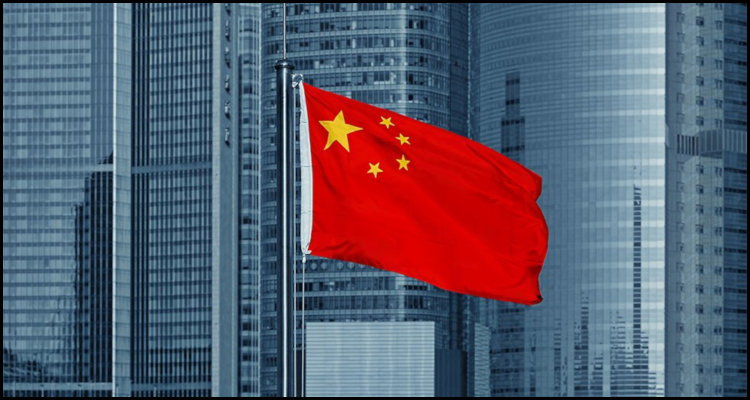In China and the State Administration of Foreign Exchange regulator has reportedly announced that it has levied fines totalling almost $900,000 against ten individuals who were found to have engaged in illegal financial transactions so as to fund overseas gambling activities.
According to a report from Inside Asian Gaming, the government agency levied the stiff penalties after the accused were adjudged to have utilized underground banks or other illegal sources in order to transfer cash that was subsequently gambled at overseas casinos. The source detailed that these highlighted infractions took place between April of 2017 and January of last year with the fines being the latest in a series of measures taken by Beijing as it looks to increase regulatory oversight and crack down on cross-border capital supply chains.
Concerted campaign:
China reportedly has a long history of seeking to stamp out cross-border gambling because its officials feel that such activities disrupt the local tourism market and lead to large amounts of native currency flowing out of the country. As part of this effort and the nation of over 1.4 billion people purportedly released a ‘blacklist’ of foreign gambling-friendly holiday destinations last year in advance of passing legislation that brought in tougher penalties for anyone found guilty of facilitating overseas gambling.
Prodigious punishment:
The State Administration of Foreign Exchange reportedly used an official filing to disclose that the largest individual fine at approximately $259,200 had been issued against a man referred to only as ‘Mr Cai’ who was found to have accessed in excess of $1.7 million via 35 illegal foreign exchange transactions during the year from March of 2018. Nevertheless, the authority purportedly went on to pronounce that the ten highlighted infractions represented only ‘typical cases of violations’, which potentially implies that additional fines may have been issued.
Reportedly read the watchdog’s filing…
“The State Administration of Foreign Exchange has strengthened the supervision of the foreign exchange market and is severely cracking down on the illegal buying and selling of funds involved in cross-border gambling to maintain a healthy foreign exchange market.”
Attempt allies:
China’s Ministry of Public Security reportedly asserted in April that it would be joining the fight against cross-border gambling syndicates by seeking to disrupt associated technology and cash transactions. This was purportedly followed by a revelation from the nation’s central bank that it intended to begin targeting ‘capital chains’ within the financial sector before the Cyberspace Administration of China agency outlined plans to crack down on offshore gambling enterprises that regularly target mainland gamblers via the use of online and mobile applications.



